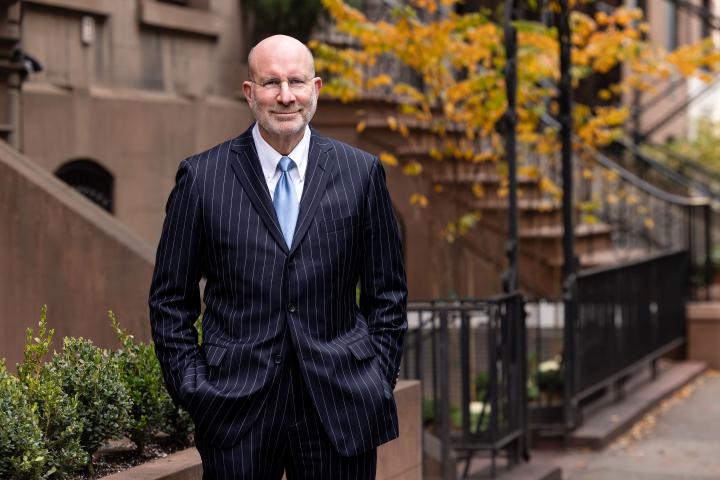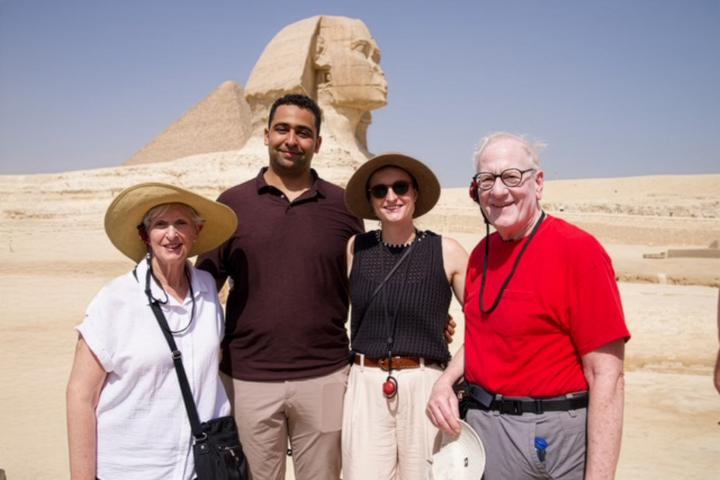
Exploring a Misunderstood Country
When Eli Friedman talks about China, he uses words like "captivated," "obsessed" and "misunderstood."
"I took an interest in China before I got interested in labor," says Friedman, an assistant professor of international and comparative labor. He joined ILR this fall.
After traveling to China as an undergraduate at Bard College, the country captivated him and made him eager to learn more, he said in an interview. "It was very different from what I had known growing up in Vermont."
For the past several years, his research has focused on work, unions and government in China. Unions in China, unlike those in the United States, are controlled by the government.
He has been interviewing Chinese workers who were part of a huge strike wave in 2010 affecting the auto industry.
"It's been said that this strike was a big turning point," possibly signaling a move toward higher wages, Friedman says. Wages in China over the past 20 years, he adds, have not kept pace with economic growth.
"I'm very interested in examining the emerging system of labor relations that is coming out of this situation."
A sociologist who earned his doctorate from the University of California, Berkeley, Friedman frequently does field studies in China and speaks fluent Mandarin. He studied the language for two years at Bard, then completed an intensive program in Beijing.
"When I was learning Chinese, I became a little bit obsessed. I would walk around all the time with note cards to help me memorize the words. I don't know that I've ever been committed to something so much."
This semester, Friedman is teaching a course titled "Work and Labor in China." "I love teaching and engaging with the students. It's exciting to see them get curious and form new ideas."
When talking with students and others about China, he likes to explore perceptions and how the country is often misunderstood.
"There's a lot of misinformation. The Chinese people are not trying to steal our jobs. They don’t have a malicious long-term plan."
In a recent survey, he notes, 40 percent of Americans said China has the biggest economy in the world. "That's not true. The U.S. has much bigger economy."
He also points out that highly contentious policies in the U.S., such as stimulus spending, government investment in infrastructure, and public ownership of major enterprises, have been crucial to China’s economic success. Additionally, the Chinese central government is moving to increase access to public health care and education, and to reduce social and economic inequality by raising wages.
While China faces major challenges in reaching these goals, Friedman says it is the global power to watch.
"What happens with globalization and the global economy in the 21st century will, to a large extent, be determined by what happens in China."


